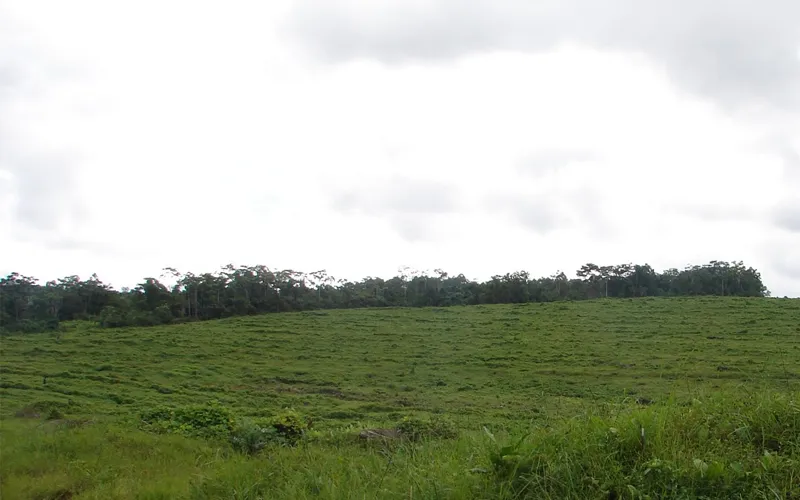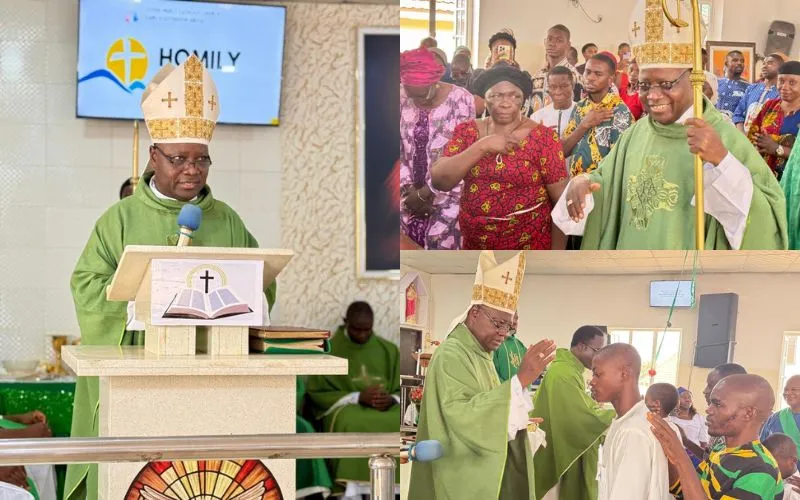Nairobi, 26 February, 2022 / 6:30 pm (ACI Africa).
Officials of various Catholic entities with presence in Africa are calling for the establishment of “strong and effective mechanisms” that would allow easy access to justice in cases where foreign large-scale land acquisitions (LSLAs) violate the rights of Africans.
In a report published Thursday, February 24, officials of Catholic agencies including the Symposium of Episcopal Conferences of Africa and Madagascar (SECAM) and the Africa Europe Faith and Justice Network (AEFJN) say LSLAs, often carried out by foreign investors and multinationals, have coincided with human rights violations and conflicts, leaving local communities bearing the brunt of the harm generated.
They further say that the agricultural projects associated with the LSLAs replace small-scale agriculture, leading to loss of jobs and decreased food production at the household levels.
In the report titled, "Large-scale Land Acquisition in Africa: Impacts, Conflicts and Human Rights Violations", officials of the Catholic entities call on African governments to implement "strong and effective mechanisms that provide communities with access to justice in cases of adverse human rights impacts or social and environmental damages caused by public development bank investments."
Officials of the 23 entities also call for “the creation of fully public and accountable funding mechanisms that support peoples' efforts to build food sovereignty, realize the human right to food, protect and restore ecosystems, and address the climate emergency.”








